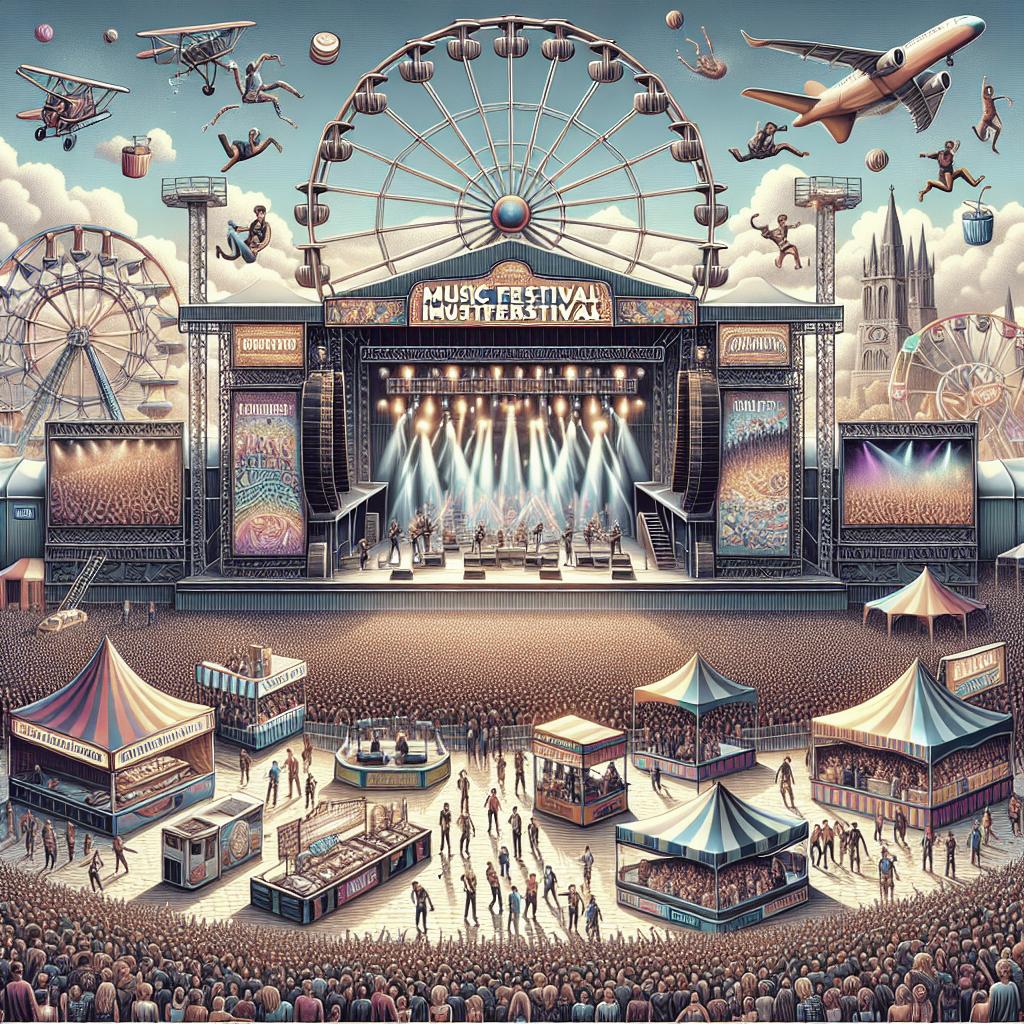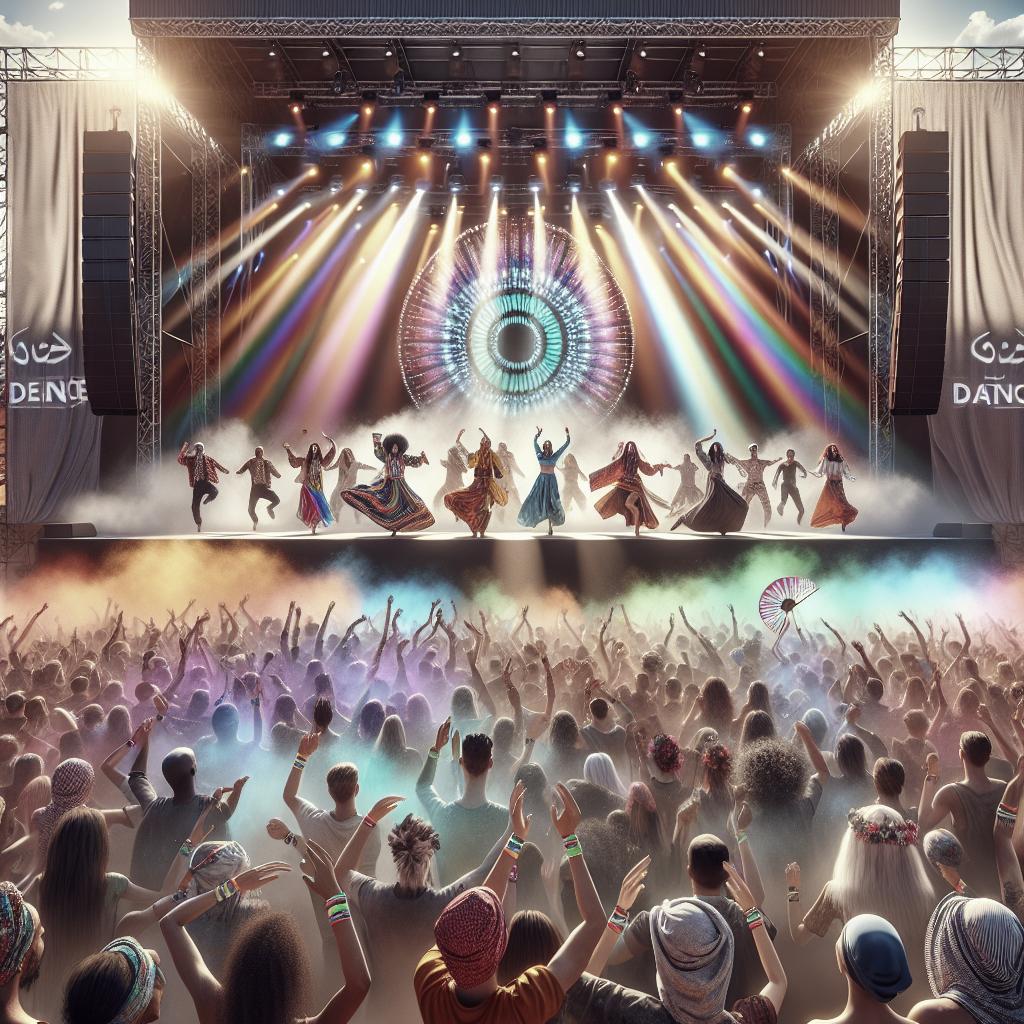<>
“`
Music festivals have evolved from simple gatherings of music lovers to multifaceted events offering diverse entertainment options. These festivals now include a mix of different genres, immersive art installations, culinary experiences, wellness activities, and social activism, catering to varied interests and providing more than just music. This blog post explores the value of music as a social aid, delves into some highlighted music festivals known for their diverse offerings, examines the impact these festivals have on communities, and discusses forward-looking trends and next steps in the industry.
The Value of Music as a Social Aid
Music has long been recognized as a powerful force for social bonding. At festivals, the shared experience of live music can break down barriers between people, creating a sense of unity and community. Attendees often report a deep sense of connection with strangers, transcending social, economic, and cultural divides.
Furthermore, music acts as a therapeutic aid. Studies have shown it can reduce stress, increase pleasure, and foster emotional expression. This is why many festivals now incorporate wellness programs, including yoga sessions, meditation spaces, and sound healing workshops. These activities complement the music, ensuring attendees leave spiritually and emotionally fulfilled.
Highlighted Music Festivals
One of the most notable examples is Coachella Valley Music and Arts Festival. With its visually stunning art installations, celebrity sightings, and an array of food vendors, it offers more than just musical performances. The festival also incorporates pop-up shops, fashion shows, and even technology innovations, making it a cultural phenomenon.
Another festival, Glastonbury in the UK, is renowned for its eclectic mix of music, from rock to reggae, and its dedication to arts and activism. Besides music, attendees can explore poetry readings, circus shows, political debates, and environmental workshops, offering a breadth of activities that engage a wide audience.
The Impact of Music Festivals
Music festivals have a significant economic impact on their host regions. They boost local tourism by attracting attendees from around the globe, thereby increasing revenue for hotels, restaurants, and other local businesses. This influx of visitors can stimulate economic growth and provide numerous job opportunities.
On a social level, these festivals serve as platforms for important conversations. Many events are incorporating panels and talks on pressing issues like climate change, mental health, and social justice. This encourages attendees to be more socially conscious and engaged, transforming the way they interact with the world beyond the festival grounds.
Next Steps
As the festival industry continues to evolve, organizers are constantly looking for new ways to diversify their offerings and appeal to a wider audience. This could mean integrating more technology, expanding wellness and culinary experiences, or fostering greater social impact through partnerships with non-profits and advocacy groups.
By maintaining a dynamic and inclusive approach, music festivals can continue to be significant cultural events that bring people together in celebration of diversity, creativity, and shared human experience.
| Section | Summary |
|---|---|
| The Value of Music as a Social Aid | Explores the unifying and therapeutic aspects of music at festivals, emphasizing community and wellness activities. |
| Highlighted Music Festivals | Examines diverse offerings at festivals like Coachella and Glastonbury, highlighting their multifaceted nature beyond music. |
| The Impact of Music Festivals | Discusses economic and social impacts, including tourism, local revenue, job opportunities, and platforms for important social issues. |
| Next Steps | Looks forward to future trends in the festival industry, including technology integration and expanded wellness and social impact initiatives. |
“`


